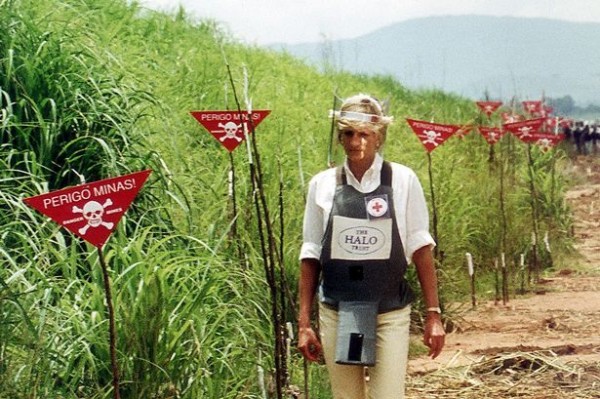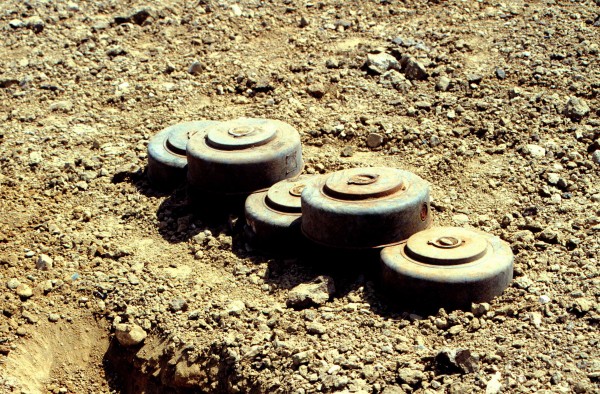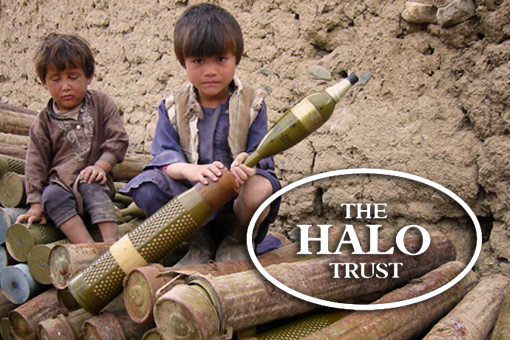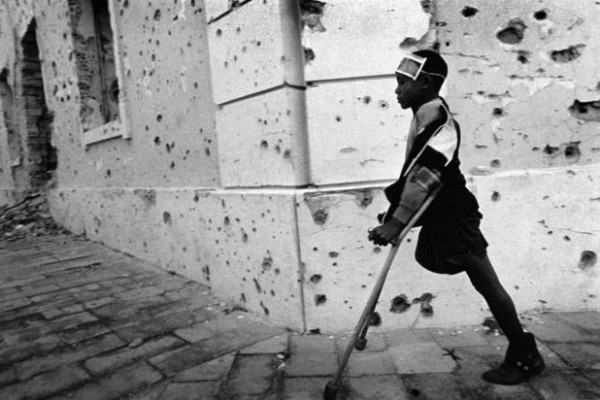
The southern African nation of Mozambique has announced that it has completed the removal of more than 171,000 land mines. The mines had been placed under the ground during the 15-year civil war, which left an estimate of more than one million people dead and five million others displaced in the country.
The Mozambican Civil War began in 1977, two years after the country’s war of independence with Portugal ended. The Civil War was one of the many proxy wars fought in Africa after the decolonization of the continent.
It started soon after the country gained independence from Portugal. The ruling party, Front for Liberation of Mozambique, and the national armed forces, Armed Forces of Mozambique, were violently opposed from 1977 by the Mozambique Resistance Movement, which received funding from white-ruled Rhodesia and later apartheid South Africa.
The war officially ended in 1992, but land mines planted during the war continued to claim lives and cause serious bodily harm to civilians. Landmines are explosive devices designed to be detonated by the presence, proximity or contact of a person. Placed under the ground, they can lie dormant for years, or even decades, until a person or animal triggers their detonating mechanism.
It is said many parts of the country have been deserted as a result of the deadly devices. Children walking to school in many remote parts of the country, often fell victim to the land mine blasts. The International Campaign to Ban Landmines, estimates that more than 10,900 Mozambicans have been killed or injured by land mines.
The removal work was done by the demining company, Halo Trust; a British company specialized in the removal of debris of war, such as mine clearing. The company said it took 22 years to complete this difficult and dangerous assignment.
Many western countries are said to have contributed financially to the demining process. Heavy armored tanks and manual detectors were used to clear the 171,000 land mines that were contained within 1,100 minefields spread across the country.
According to the latest figures from the World Bank, more than half of the 26 million people living in the country live below the poverty line. The poverty within the country has worsened over the past few years, due to the presence of the land mines significantly hindering the country’s economic development.
The last region cleared of the mines has a railway line that carries goods from Mozambique into neighboring Zimbabwe; however, the infrastructure had been neglected since the 1990s due to the explosives. Workers were afraid to get too close and this has resulted in a high rate of unemployment in the area. The last mine was detonated in this area in August, 2015.
“This is a proud day for Mozambique. Ridding our country of landmines was tremendously difficult, but the bravery and determination of our demining teams proves to the world that it is possible for countries to become mine free,” Alberto Augusto, director of the Mozambique Institute for Demining, said in a statement.
Local observers say the abandoned railway can now begin carrying heavier loads into other neighboring countries. In addition, without fear of triggering mines, residents can also start to cultivate on lands that were previously deemed dangerous, allowing them to boost food production and create employment.
You want to support Anonymous Independent & Investigative News? Please, follow us on Twitter: Follow @AnonymousNewsHQ
This Article (Milestone Achievement: Mozambique Successfully Removes All Its 171,000 Land Mines) is free and open source. You have permission to republish this article under a Creative Commons license with attribution to the author and AnonHQ.com.









Mission complete !
Ocelot will be proud.
It is not complete, and you can not state this, in 1992 i saw documentation in Maputo which showed a lot more than 170000 landmines. And how come its only Halo who appear to have “cleared” all the landmines. Most of the time they were hiding from the rest of the mine clearing fraternity north of the Zambezi in Quillamane province.